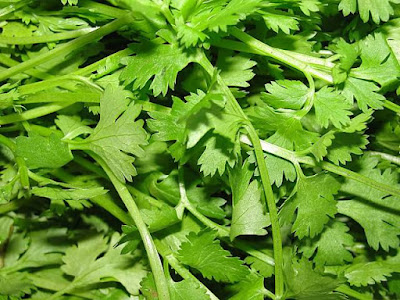Organic Fertilizer Use And Being Sustainable - Organic fertilizer utilization has become very prevalent but when the whole organic thing started, people were not ready to accept the concepts of organic gardening.
Have you read the crop growing book, Ruth Stout’s How to Have a Green Thumb Without an Aching Back? in the 1955 literary masterpiece the author revealed a unique method to produce garden crops.
She told us mulching will greatly make gardening a lot easier. Furthermore, synthetic fertilizers aren’t essential to begin gardening. Most of what’s in this book we now understand collectively as “organic gardening”, or simply, the use of natural elements to grow and maintain crops.
Back then, however, her community thought her strategies were out of this world.
It is hardly surprising that people around us are still skeptical of organic fertilizer systems.
Related Article : a Growing Vegetable Garden Is A Beautiful Sight To See And Nibble
With the misinformation geared towards the widespread utilization of synthetic fertilizers, it’s not easy for mulching enthusiasts to convince people of the many perks of organic systems.
But when individuals started seeing the truth about genetic modification and how synthetic fertilizer application has given birth to the need to create genetically modified organisms, the term “organic” became the “it” term of the century.
Soon enough, individuals began finding out that organic food is more healthful, more appetizing and less pricey to grow.
Do you really understand how to grow an organic garden?
Related Article : Making Your Home More Organic With Indoor Herb Gardening
Any holistic system of horticulture that won’t disturb the frail balance of soil factors, crop potential and the natural order of things can be classified under an organic scheme. You must understand how to produce your own organic fertilizer system using waste material.
Herbicides made from organic components, such as blossoms or cayenne pepper, are allowed. Synthetically created fertilizers and pesticides are banned in organic farming. Organic goods must not have any genetically changed components.
An organic system involves dividing your plots so that you allow your soil plots to rest and rejuvenate. It also demands planting green mulch, or crops that increase nitrogen yield in the soil organically.
Related Article : All About The Automatic Lawn Sprinkler

